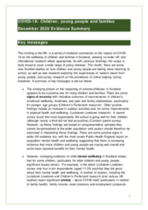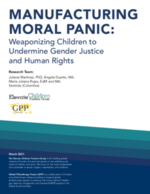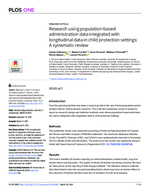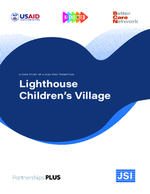Foster Care, Permanency, and Risk of Prison Entry
The purpose of this study was to examine associations of foster care exit type (e.g., reunification with birth family, adoption, guardianship/permanent relative placement, or emancipation from care) with risk of entry into state prison in the U.S. state of Wisconsin and to examine racial disparities in those associations.





